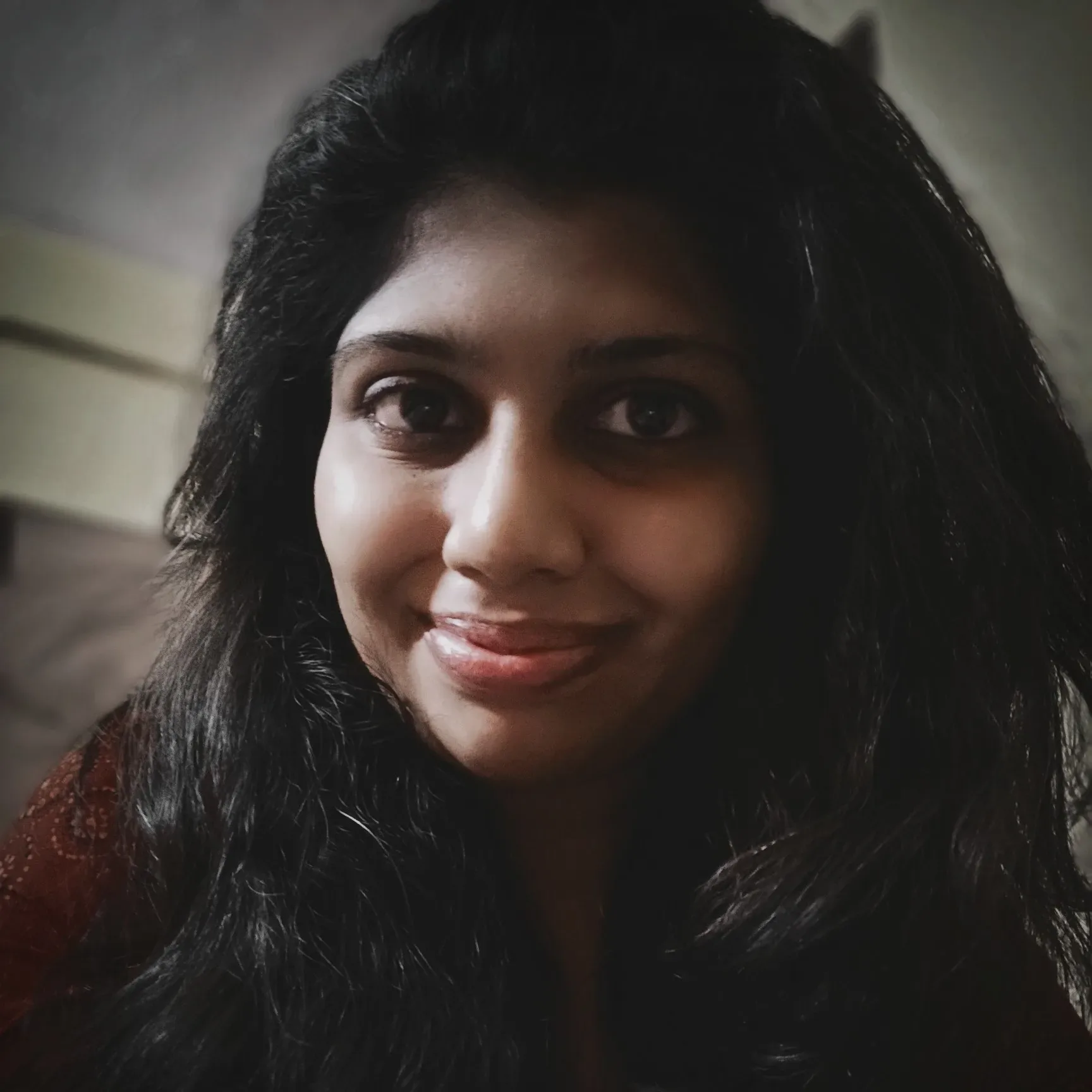Academia is made up of people with a variety of career trajectories. Nevertheless, they can be broadly classified into two categories:
1. People who just go with the flow of pursuing one degree after the other and landing into PhD as the next obvious step for the academic job market.
2. People who are really motivated by the question of “how things work”, and are passion-driven.
Falling into the latter category, I experienced the struggles of finding the right PhD programme, and had to learn a great deal of patience to get through it.
My rocky road to academia
When I joined as a summer intern at the Indian Institute of Science (IISc), I knew that I wanted to pursue research as a career. I was fortunate enough to do my Bachelor’s dissertation at the same place. Being in India’s top research institute — IISc attracts the best brains in the country — I was so swept off by the scientific discussions, seminars, workshops, outreach programs, etc conducted in the institute, that I realised this is precisely the life I wanted.
After finishing my Bachelor’s degree, I had to make a choice between continuing my journey as a research assistant to gain more experience, or applying for Master’s programmes. Because I was passionate about research, I decided to continue to work as a research assistant while simultaneously looking for prospective PhD positions. No doubt, I was a tad bit overambitious. I kept myself motivated by hearing the stories of students who went ahead directly to a PhD without a Master’s degree, reflecting on the struggles and shortcomings at various stages of their career or personal life.
An unconventional and underappreciated path to a PhD
While working as a RA, I had some unsuccessful attempts to secure a PhD position. This invited a lot of criticism from some friends, family, and my mentor at IISc. I was told that I was wasting my time going to the lab every day, that I should quit and as soon as possible apply for a Master’s anywhere, that my stubborn attitude is a problem, and of course, the dreadful comparison — that the others who went to graduate school had a very high CGPA (better grades) than me, brilliant research aptitude, and were very confident.
I had spent nearly over a year working on my project, which was shaping up to be a decent article. My mentor and I arrived at a conclusion that I could register as a doctoral student in India and continue to work in the lab to finish the project I started. Hence, I went ahead with PhD registration at a private university and continued my work. Unfortunately, because I went against the conventional ways which are more common in India — i.e. undergraduate, then postgraduate, then PhD — after six months of starting my PhD I was constantly advised by the faculties at the university that this route will not work out and that I should not take this risk. I had no choice but to quit the school because of such discouraging remarks. I was taken aback because by then I had lost one cycle of admission to graduate school in other countries (seeing as many schools in the US only have one yearly admissions cycle, each fall).
Overtime, I became quite contemplative and started looking at my decisions in retrospect. Being in my mid to late 20s, clueless about the next steps in the career, with constant pressure from family to quit and get a “real job” was unbearable. In this tough time, I decided to play my stubborn card again. However, I began taking calculated risks. I decided that I will not give up on my dreams. I continued working on my project which I had initially proposed for my doctoral thesis.
Financial struggles
Academia has been infamous for its low pay and long hours of frustration. While I decided to opt for the struggles, I made sure that my finances stayed strong. I took up freelancing as an academic editor at a private firm in India, which not only financially helped me but also helped me in honing a skill. However, my days got busier than ever, involving searching and applying for suitable doctoral positions, carrying out experiments to finish the project I started for my former doctoral work, and editing. I personally would not suggest anyone to follow this, unless they are really passion-driven, because having no time for myself took a toll on my mental health.
The importance of support networks
Albeit having a small social network, I will forever be in debt to my supportive friends who stood by me cheering me up after every rejection I faced and celebrating every small success I had. This phase imparted a life-lesson on a strong support system. This could be just one person, a small circle of friends or your family, but above all, it comprises people who are non-judgmental, non-toxic and want the best for you. Having a comfort meal, a cup of tea or coffee, or even just a piece of dessert outside of the workplace with them took my mind off the stress. Despite their own busy schedule and workload, they were there for me. We learned to help each other out in tough times with kindness and emotional support, and I continued treating others with the same gratitude.
Happy ending…
After a little over a year-long struggle, I managed to secure a PhD position with full scholarship. Weird thing is, when one has constantly faced failures and negative criticism, it feels very unsettling when there is progress — it is unsettling even until today while writing this article. I hope the feeling fades away with time. The few things which got me through my struggles and negative criticism were self-motivation and dedication towards the career path I chose for myself and the people who never gave up on me. Cheers to them!




